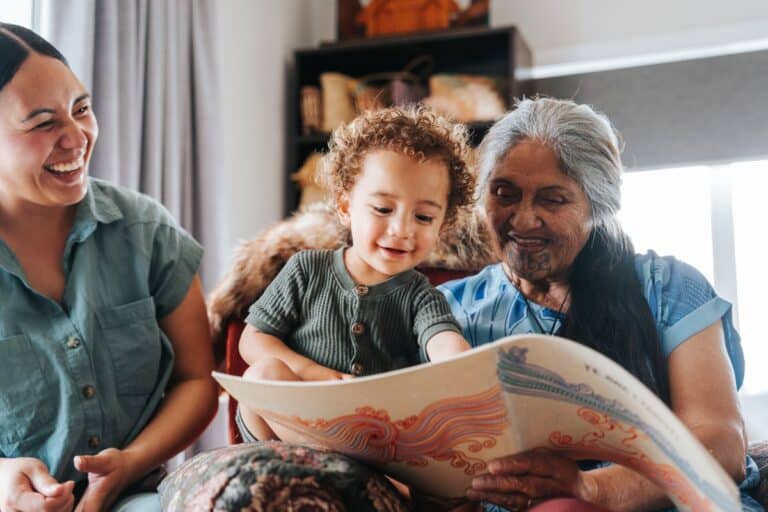Every year in Aotearoa, thousands of Kiwis make one of the biggest decisions of their lifetime from the privacy of their own home – or perhaps in the sanctity of their lawyer’s office.
They write a will.
Although most wills provide for immediate family, New Zealanders are also increasingly choosing charitable gifts in their wills, says Alesha Hope, Hawke’s Bay Foundation’s Executive Officer.
“I think for Kiwis, the word ‘bequest’ can conjure images of privilege and wealth,” she says. “But even for those of more moderate means, leaving a legacy that extends far beyond a generation or two is becoming more commonplace.”
Speaking ahead of Wills Month which runs throughout September, Alesha says there are many community benefits of leaving a bequest, “because even a modest one can grow over time into something that funds education pathways, restores local ecosystems, or supports families into the future”.
And New Zealand has the means. With a larger than ever population heading into their senior years, Kiwis are sitting on a massive intergenerational wealth transfer. According to The Bequest Report 2025 by JBWere, an estimated $27 billion will be passed on through inheritances this year alone. That number is set to climb to $1.6 trillion by 2050. Still, only a tiny percentage is diverted to charitable giving.
“We’re definitely a generous country in many ways and are happy to give during our lifetimes,” Alesha says. “But New Zealand does lag behind many other OECD countries when it comes to legacy giving.”
Although it’s slowly growing, only 6% of estates in New Zealand currently include a charitable bequest. Yet the potential impact of even an incremental shift in that percentage could be “transformational”.
“If we could lift that figure to 10% of estates in Aotearoa including a gift to charity, we’d see more than half a billion dollars a year going towards some amazing causes,” says Alesha.
She says questions about how money might be used after death are easily answered. At Hawke’s Bay Foundation, for instance, bequests are pooled into an endowment fund, which is then carefully invested. A portion of returns are distributed each year to local charities, with the remainder reinvested to protect and preserve – and grow – the original gift.
Benefactors can decide whether earnings are used where the need is greatest or if they would prefer their bequest to go to a particular cause, or passion. “If they decide to tag distributions to their favourite charity or purpose, they are often very pleased to hear that that organisation or cause will receive sustainable and ongoing funding to support their mahi.”
A bequest becomes part of a permanent legacy, says Alesha. “Every year, that one gift a donor makes in their will supports the wellbeing of our region. It lives on, and on, and on. That’s very special.”
Yet distributing 100% of wealth via inheritances remains the norm in New Zealand. According to the JBWere report, most inheritances are received when the beneficiaries are almost 60 years old – long past the financially pressured years of raising children or paying off a mortgage.
Alesha hopes Wills Month might prompt more families to open up a conversation about whether leaving a small percentage to charity might be possible. “One or two percent of a person’s total wealth, for instance, wouldn’t necessarily diminish the impact on children or grandchildren but could radically alter the circumstances for many many other whānau in Hawke’s Bay.”
Hawke’s Bay Foundation works closely with individuals, lawyers, and financial advisers to make the process of leaving a bequest simple. Options include a specified sum, a percentage of an estate, or even a fund set up in a family’s name. Hawke’s Bay Foundation is a registered charity, so any gifts made through wills are exempt from any future inheritance or capital gains tax.
“I think most Kiwis have a heart to give back to their local communities, but perhaps don’t know where to begin,” concludes Alesha. “Talking to whānau is a great first step. Let your family know what matters to you and how you imagine a small portion of your estate could be redistributed. It can be a bonding experience for families too. We often hear from our donors that giving via our community foundation becomes a point of pride and part of a family story – not a diversion from it.”

